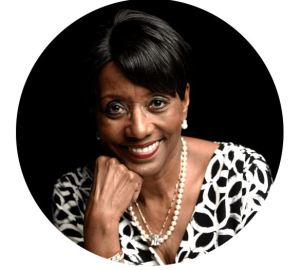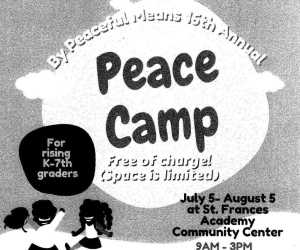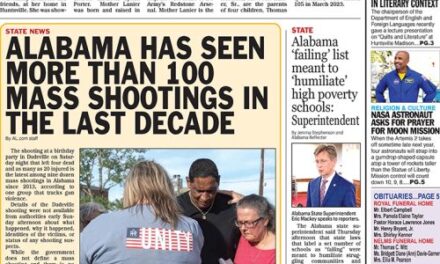By Valca Valentine
Special to the AFRO
Some argue that racial oppression, discrimination, and inequality in America is a fairytale. Others cite evidence that measures the impact of past and continuing racial inequity. Why discuss these issues at all?
Critical Race Theory (CRT), the study of the origin and systematic impact of racism – is fueling heated debate among parents, teachers, and elected officials. The outcome is sure to influence education, healthcare, and upcoming elections.
On Tuesday, Feb. 8, from 7 p.m. to 9 p.m., the D.C. Democratic Women’s Club (DCDWC) will frame Critical Race Theory at its Virtual Black History Program.
The distinguished panel, to be moderated by Dr. Ayo Sekai, includes the Hon. Sharon Pratt, Esq.; Hon. Dr. Frank Smith, Rev. Dr. George Holmes; Emira Woods, and Dr. C. Patrick Burroughs.
CRT is increasingly the focus of conservatives and lawmakers’ motivation around policy decisions. This year, legislation prohibiting the discussion of CRT in state agencies and K-12 public schools was introduced in Congress and 22 state legislatures. Legislation has passed in 6 states.
Jeannette Mobley, DCDWC President and host of the free program said the 55-year-old organization of more than120 members, is charged with education and advocacy around issues impacting political, social, and economic well-being.

“By focusing on Critical Race Theory, our intention is to create an opportunity for robust discussion on the intersection of race and law in the United States,” Mobley said.
“We’re featuring an excellent panel with expertise ranging from politics, economics, religion to history,” the DCDWC President added. Interaction is encouraged among regional and national attendees who have already begun to register. Mobley encourages those interested in joining the discussion to register on DCDWC’s website at www.dcdemocraticwomensclub.org.
Some CRT scholars argue that the idea of race “advances the interests of White people at the expense of people of color, maintaining a racially unjust social order with racially discriminatory outcomes.” Many academic and political critics of CRT argue the theory is “based on storytelling instead of evidence and reason, rejects truth and merit, and opposes liberalism.”
Although now popular in national discussion and headlines, CRT is not new. Scholars coined the phrase in their research during the post-civil rights era through the 1980s. Public policy experts incorporated the study to explore avenues to protect civil rights. At the same time, there are those who used the theory to maintain discriminatory practices.
According to an article, “Why Are States Banning Critical Race Theory?” published last year by the Brookings Institute, CRT has “become a new bogeyman for people unwilling to acknowledge racist history and how it impacts the present.”
“Opponents fear that CRT admonishes all White people for being oppressors while classifying all Black people as hopelessly oppressed victims,” the article continues. “These fears have spurred school boards and state legislatures from Tennessee to Idaho to ban teachings about racism in classrooms.”
The Brookings article authors Rashawn Ray and Alexandra Gibbons, warn against a fundamental problem: “these narratives about CRT are gross exaggerations of the theoretical framework. The broad brush that is being applied to CRT is puzzling to academics, including some of the scholars who coined and advanced the framework.”
Mobley, a long-standing D.C. political operative and civic leader, said the impact on our communities and political system requires heightened awareness of Critical Race Theory.
“The Supreme Court Justice nomination, COVID and healthcare, and voting rights protection demand that we become educated about this theory,” Mobley said. “We hope people from across the country will join us in what promises to be a great educational experience.”
The D.C. Democratic Women’s Club (DCDWC) promotes candidacy for women, advocacy, mentoring and training to empower and successfully engage women at all levels of the Democratic Party. Chartered in 1966, the DCDWC is an affiliate group of the Washington, D.C. Federation of Democratic Women, a member group of the National Federation of Democratic Women which is recognized by the Democratic National Committee.
Help us Continue to tell OUR Story and join the AFRO family as a member – subscribers are now members! Join here!
The post D.C. Democratic Women’s Club hosts Critical Race Theory Forum appeared first on AFRO American Newspapers .











